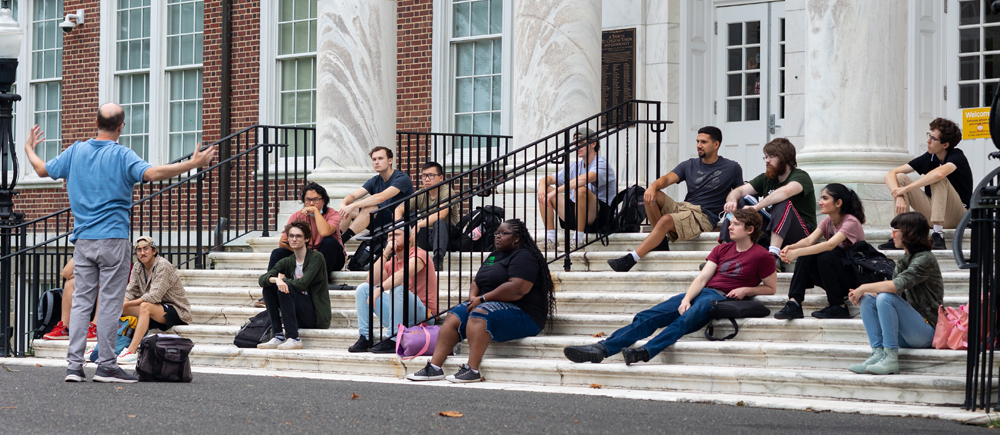Graduate School Preparation
Graduate School Preparation
Graduate School Exploration & Preparation
Graduate School Search Tips
It is common for graduate school enrollment to increase during times of economic recession. Enrolling in a graduate program can give you an opportunity to earn additional credentials while waiting out the volatile job market. Didn’t apply to graduate school? Not a problem! While many programs have hard deadlines for fall admission, many programs accept applications on a rolling basis. If you are unable to be formally accepted into your program of choice, you may be able to take classes as a non-matriculated student. Most graduate schools will allow students to take a limited number of credits before needing to be admitted into the program.
- Do your research. Create a spreadsheet with information on your various programs of interest. Valuable information to take note of includes degree name, admission deadline, application requirements, geographic location, and funded opportunities (e.g. research assistantships, teaching assistantships, scholarships, graduate assistantships).
- Ask faculty in your field for feedback on where to apply as well as your grant statements.
- Prepare for Entrance Exams. Enroll in preparation programs for entrance exams such as the Graduate Record Exam (GRE), Graduate Management Admissions Test (GMAT) and the Miller Analogies Test (MAT). Many free options exist.
- ETS offers free practice exams here.
- Apply for aid. Unless you are able to pay out-of-pocket for graduate school, you will want to apply for financial aid via the Free Application for Federal Student Aid (FAFSA) online at studentaid.gov.
- Revise your Essay. When writing your application essays, be sure to have them reviewed for content and formatting. Faculty in the field are great resources for reviewing your essays and the Rowan University Writing Center can assist with formatting the essay.
- Identify your References. Most graduate school applications will require several letters of reference. Often, these references are from faculty who can attest to you your academic potential. It is important to ask the faculty members who you would like to write a letter of reference, and provide them at least 2-3 weeks to write the letter. Be sure to include directions on how they can submit their letter, when appropriate.
- Apply for National Scholarships. If you are seeking fall 2021 admission, consider applying for a national scholarship such as a Fulbright or one of the many other scholarships, fellowships, and programs for students to work, teach, and/or conduct research in the US or abroad, click here.
Additional Resources
Writing your Application Essay and Personal Statement
How to Write a Graduate School Personal Statement
How to Write the Grad School Essay/Personal Statement
Funding your Graduate Education
Free Application for Federal Student Aid
Top Grants for Graduate School Students
Finding Graduate Student Grants and Fellowships
5 Strategies to Pay for Grad School (U.S. News & World Report)
What’s the Best Way to Fund your Degree? (Money Under 30)
Testing Links




